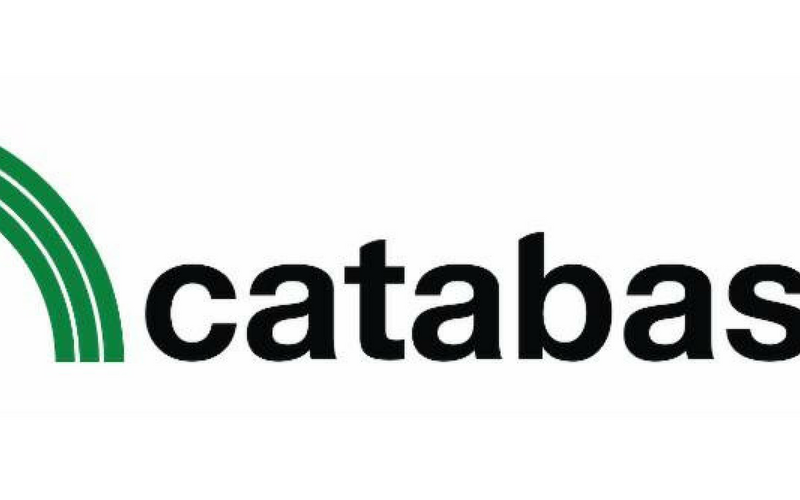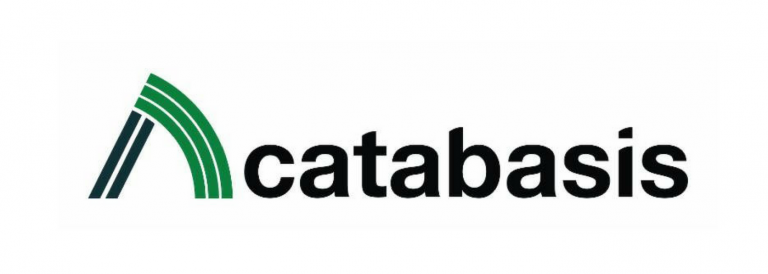Catabasis has announced that the phase 3 trial of edasalonexent is now recruiting at 9 centres across the USA and that regulatory approval for the trial to start in Europe has been received. Catabasis is now awaiting final approval for the trial sites and it hopes that European sites, including 4 in the UK will open over the next few months.
The trial is a one-year, placebo-controlled trial that aims to recruit 125 participants, regardless of mutation type and aged between 4 and 7 who have not been on steroids for at least 6 months. The trial will use changes in the North Star Ambulatory Assessment score and other tests like the 4-stair climb and time to stand to assess the effectiveness of edasalonexent. Catabasis has tried to minimise the size of the placebo group, and two boys will receive edasalonexent for each boy that receives placebo.
Catabasis has also published the full results of their initial trials of edasalonexent in a peer-reviewed journal. All doses of edasalonexent used in the trial were safe and well tolerated, with no serious side effects. Publication of these results is important because it gives independent scientists and clinicians an opportunity to examine the data to ensure that trials are being carried out to the highest possible standards and that the results have been analysed correctly.
Edasalonexent is designed to stop a protein called NF-kB working properly. The protein is activated in people with Duchenne and this may play a role in inflammation and muscle degradation as well as preventing of muscle regeneration. Early trial results of edasalonexent showed it could preserve muscle function and slow progression of Duchenne.
Find out more
Contact Neil Bennett, Director of Research, to find out more on 020 7250 8240
More about potential therapies for Duchenne



 Sarepta completes accelerated approval application for golodirsen
Sarepta completes accelerated approval application for golodirsen

